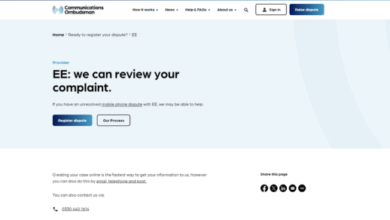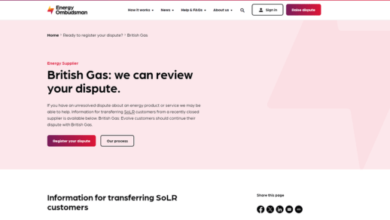
Small business insurance is a vital component of protecting your entrepreneurial endeavors. Here are 30 points discussing the pros and cons of small business insurance and its significance:
Pros:
- Risk Mitigation: Small business insurance helps mitigate financial risks associated with various uncertainties.
- Financial Security: It offers financial security by covering unexpected losses and liabilities.
- Legal Requirement: Some types of business insurance, such as workers’ compensation, may be legally mandated.
- Asset Protection: Insurance safeguards valuable business assets, including property and equipment.
- Liability Coverage: Protects against potential lawsuits and legal claims filed by third parties.
- Business Continuity: Insurance ensures continuity in case of disasters, accidents, or other setbacks.
- Employee Protection: Coverage includes workers’ compensation and health insurance benefits for employees.
- Liability Protection: Protects business owners and assets from personal liability in some cases.
- Customer Confidence: Having insurance can boost customer trust in your business’s stability.
- Loan Approval: Lenders may require insurance as a condition for approving business loans.
- Coverage Customization: Policies can be tailored to meet the specific needs of your industry and business.
- Professional Image: Small business insurance can enhance your professional image and reputation.
- Economic Stability: Insurance helps stabilize the economy by minimizing the financial impact of disasters.
- Healthcare Access: Health insurance for employees helps attract and retain top talent.
- Legal Compliance: Insurance ensures compliance with regulations and legal requirements.
- Property Rebuilding: Property insurance enables business property rebuilding after loss or damage.
- Liability Protection: Liability insurance offers legal protection in case of lawsuits.
- Financial Protection: Insurance safeguards against financial hardship due to unforeseen events.
- Investment Opportunities: Some insurance policies, like whole life insurance, can serve as investment vehicles.
- Tax Benefits: Certain insurance policies offer tax advantages, such as deductions and credits.
- Employee Benefits: Insurance can provide benefits like health and life insurance for employees.
- Risk Diversification: Insurance spreads risk across a wide pool of policyholders.
- Business Growth: Insurance helps protect your business and encourages expansion and investment.
- Community Support: Insurance payouts can help communities recover from disasters.
- Commercial Vehicle Coverage: Business auto insurance covers company vehicles.
- Coverage Customization: Policies can be tailored to address the specific risks associated with your business.
- Protection Against Cyber Threats: Cyber insurance protects against data breaches and cyberattacks.
- Business Interruption Coverage: It provides financial assistance during temporary business closures.
- Inheritance Planning: Life insurance can assist in estate planning and inheritance.
- Coverage Adjustment: Policies can be adjusted to meet changing business needs.
Cons:
- Cost: Small business insurance premiums can be expensive, particularly for comprehensive coverage.
- Complex Terminology: The insurance industry uses complex jargon that can be confusing for small business owners.
- Claim Denials: Insurers may deny claims or delay payouts, leading to frustration.
- Over-Insurance: Some businesses may purchase more coverage than they need, leading to unnecessary expenses.
- Under-Insurance: Inadequate coverage can leave a business vulnerable in case of a significant event.
- Bureaucracy: The claims process can be time-consuming and involve extensive paperwork.
- Premium Hikes: Insurance companies may increase premiums, making coverage less affordable.
- Policy Confusion: Small business owners may misunderstand or underestimate their policies.
- Limited Providers: In some regions, there may be limited choices for insurance providers.
- Ethical Concerns: Some insurance practices, such as redlining or price discrimination, raise ethical questions.
- Environmental Impact: The insurance industry’s investments can affect the environment.
- Unpredictable Events: Some events, like pandemics, may not be covered by standard policies.
- Potential for Fraud: Fraudulent claims and unethical practices can harm the industry.
- Investment Risks: Certain insurance investments may not perform as expected.
- Dependency on Insurance: Relying too heavily on insurance can stifle risk management efforts and create a false sense of security.
Small business insurance is a crucial element of entrepreneurial success, providing protection, stability, and legal compliance. While it comes with costs and complexities, the benefits of safeguarding your business and financial assets make it an essential consideration for every small business owner.




